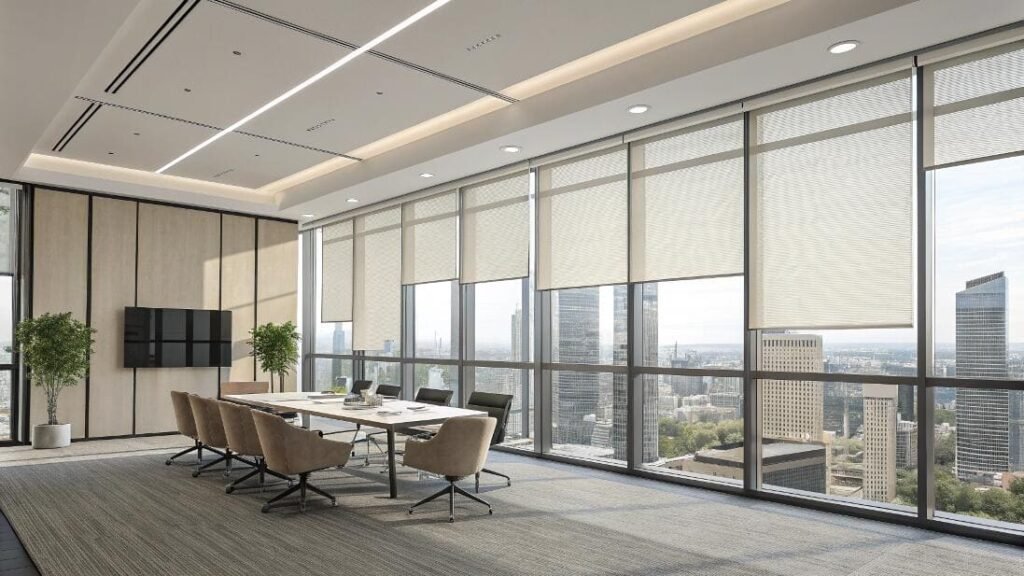You're trying to source blinds for a large project. Local suppliers seem safe but expensive, while overseas options are cheap but feel risky and complex. This indecision is stressful, and you're worried about making a costly mistake that could hurt your project's profitability.
Overseas sourcing[^1] from a primary manufacturing hub like China can offer 30-50% cost savings[^2] and a wider selection of products, especially smart blinds[^3]. Local sourcing provides faster delivery and simpler logistics. The best choice depends entirely on your project's top priority: budget or speed.

As a supplier who works with global project buyers every day, this is the core decision my clients face. I've seen contractors like Emma, who typically sourced locally, initially hesitate at the thought of international logistics. However, once we broke down the total landed cost and showed them the advanced smart blind options they could get for their budget, the perspective shifted. It's not just a choice between two suppliers; it's a strategic decision about what you value most for your specific project. Let's dig into the real pros and cons.
What are the advantages and disadvantages of local sourcing?
You need blinds delivered fast and can't afford miscommunication or delays. But the high price from local suppliers[^4] is a major concern. You're wondering if the added convenience is truly worth the premium cost.
Local sourcing excels with rapid delivery, clear communication, and easy quality control[^5]. However, its main disadvantages are significantly higher costs—often 15-35% more—and a more limited selection of fabrics and advanced technology.
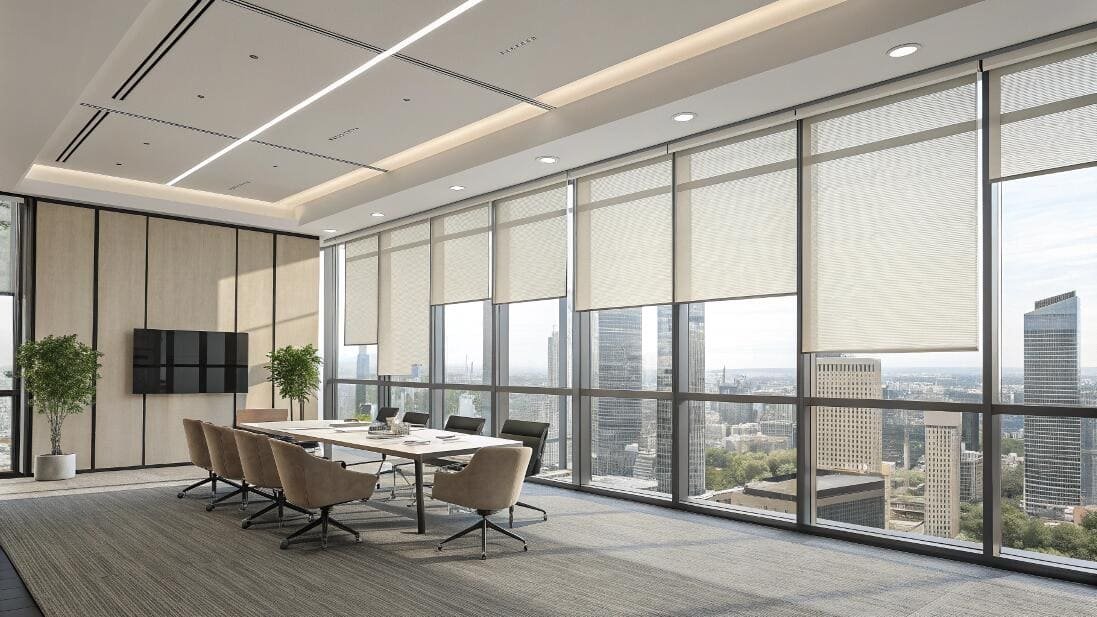
Choosing a local supplier is often the default choice for those prioritizing speed and simplicity. The benefits are clear and tangible. There's no six-week ocean transit time, meaning you can get products much faster. Communication is straightforward since you are in the same time zone and speak the same language. If a problem arises, resolving it is usually quicker. However, these benefits come at a steep price. My analysis shows that a comparable blind can be 15-35% more expensive when sourced locally due to higher labor and overhead costs. Furthermore, local fabricators often have a smaller inventory of fabric choices[^6] and may not have access to the latest smart home motorization technologies, such as specific Zigbee or Matter-compatible motors[^7] that are readily available from specialized overseas manufacturers.
| Aspect | Advantages of Local Sourcing | Disadvantages of Local Sourcing |
|---|---|---|
| Speed | Very fast delivery (days, not weeks) | - |
| Cost | - | 15-35% higher unit prices |
| Communication | Simple and immediate | - |
| Selection | - | Limited fabric and technology options |
| Quality Control | Easy to visit the facility | - |
| Risk | Lower risk of international shipping delays[^8] | Higher risk of stockouts on niche components |
What are the advantages and disadvantages of global sourcing?
The low unit prices from overseas factories are incredibly attractive. But you have concerns about long shipping times, language barriers, and what happens if something goes wrong with the quality. It feels like a big gamble.
The main advantage of global sourcing is a dramatic cost saving of 30-50% on the product itself. The disadvantages are longer lead times of 35-45 days, the potential for communication gaps[^9], and more complex logistics management.
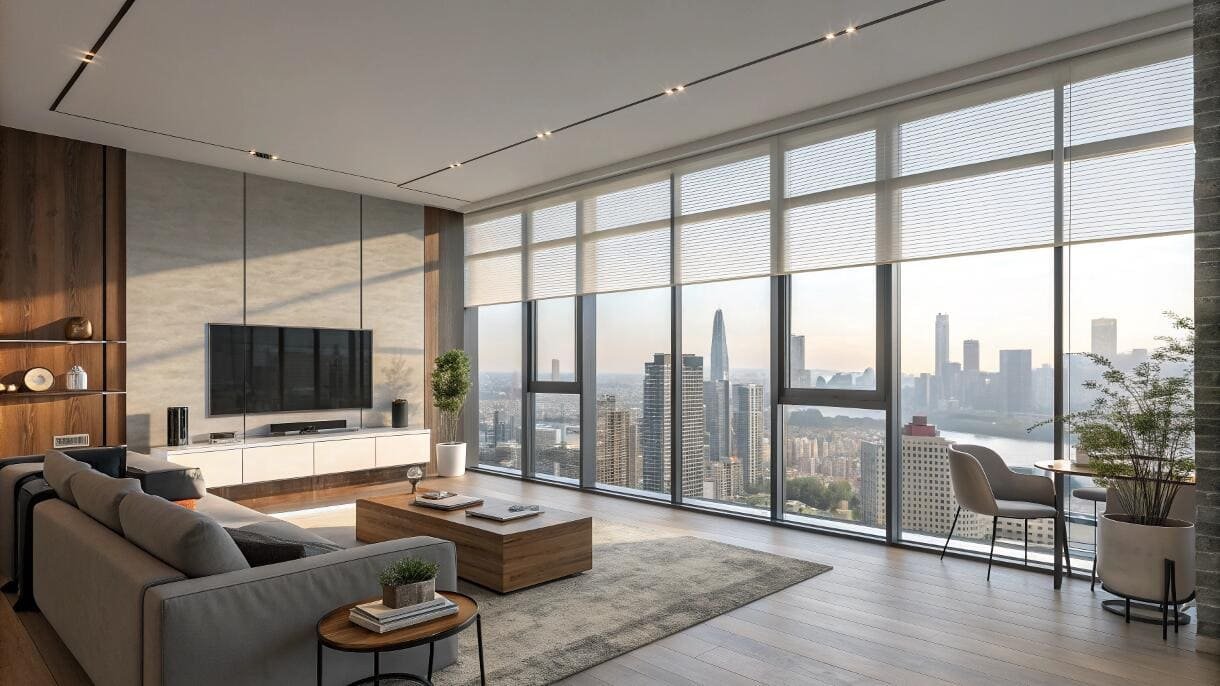
For large-scale projects, the cost savings from sourcing directly from a manufacturing hub like China are too significant to ignore. Mass production efficiencies mean that a motorized roller shade might cost only $42 per square meter FOB China, whereas a similar item produced locally in North America could be around $68 per square meter. Beyond cost, you gain access to a much wider variety of products. Factories in these hubs have vast ecosystems of suppliers, offering everything from high-end honeycomb fabrics to the latest smart motorization systems that your competitors may not have. Of course, these benefits come with trade-offs. The most significant is the 35-45 day lead time for production and ocean freight. Managing this requires careful planning. Communication can also be a challenge unless you work with an experienced, responsive team built to handle global orders and bridge that gap .
How do volume brackets shift unit cost for blinds?
You have a large order and rightly expect a discount for buying in bulk. But how much of a discount? You need to understand how the price changes with volume to create an accurate budget.
Unit costs drop significantly at higher volume brackets[^10] due to production and material efficiencies. Moving an order to over 500 units unlocks better pricing, and a full container load of 2,000+ units provides the lowest possible unit cost.
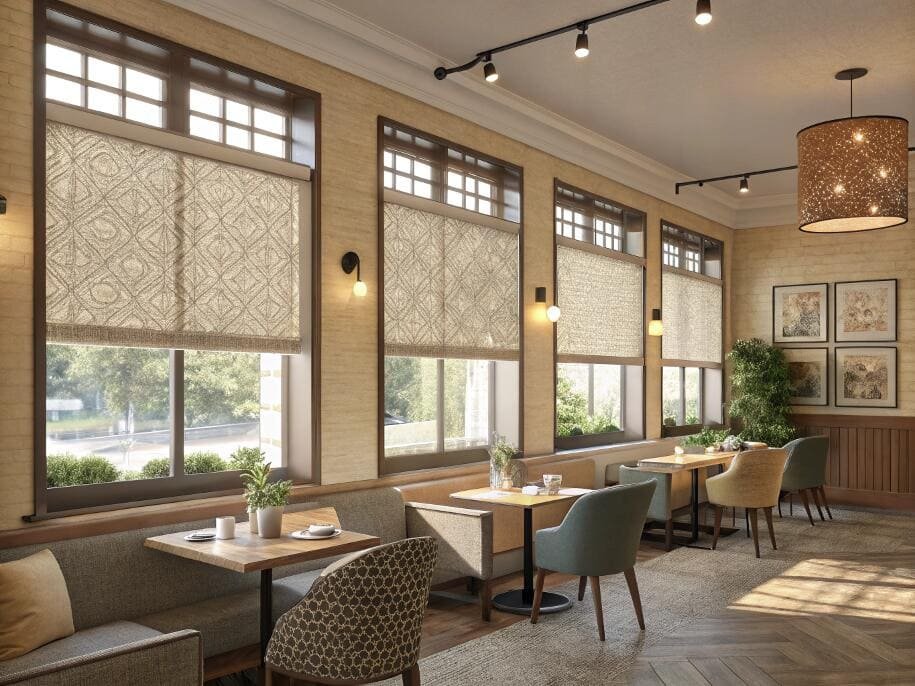
Understanding how factories price large orders is key to maximizing your budget. It's not a gradual discount; the savings come at specific thresholds that are tied to production efficiency. At VelaBlinds, our facilities are designed to handle both small custom orders and huge rollouts, but the economics change with scale.
Key Volume Tiers
- Tier 1: Under 500 Units: This is treated as a standard order. Pricing is based on our list rates for materials and labor without significant volume discounts.
- Tier 2: 500 - 2,000 Units: This is the first major price break. At this level, we can dedicate specific scheduling and packaging for the order, which improves efficiency . We can also place larger raw material orders with our suppliers, getting a better price that we pass on to you.
- Tier 3: 2,000+ Units (Full Container Load): This tier offers the maximum cost savings. Not only do you get the best possible per-unit price on the product due to economies of scale in production, but you also drastically reduce the per-unit shipping cost. For example, a single 40HQ container can fit roughly 4,700 roller shade sets, which brings the landed shipping cost down to less than $2 per set.
What QC checkpoints are mandatory when importing finished blinds?
After waiting six weeks, your blinds finally arrive from overseas. You open the first box and find a defect. This is a project manager's nightmare. Mandatory QC before they ever leave the factory is the only way to prevent it.
Mandatory QC includes raw material checks, in-process inspections, and a final pre-shipment inspection[^11] (PSI). The PSI is most critical for the buyer, as it verifies dimensions, function, color, and packaging before the final payment.
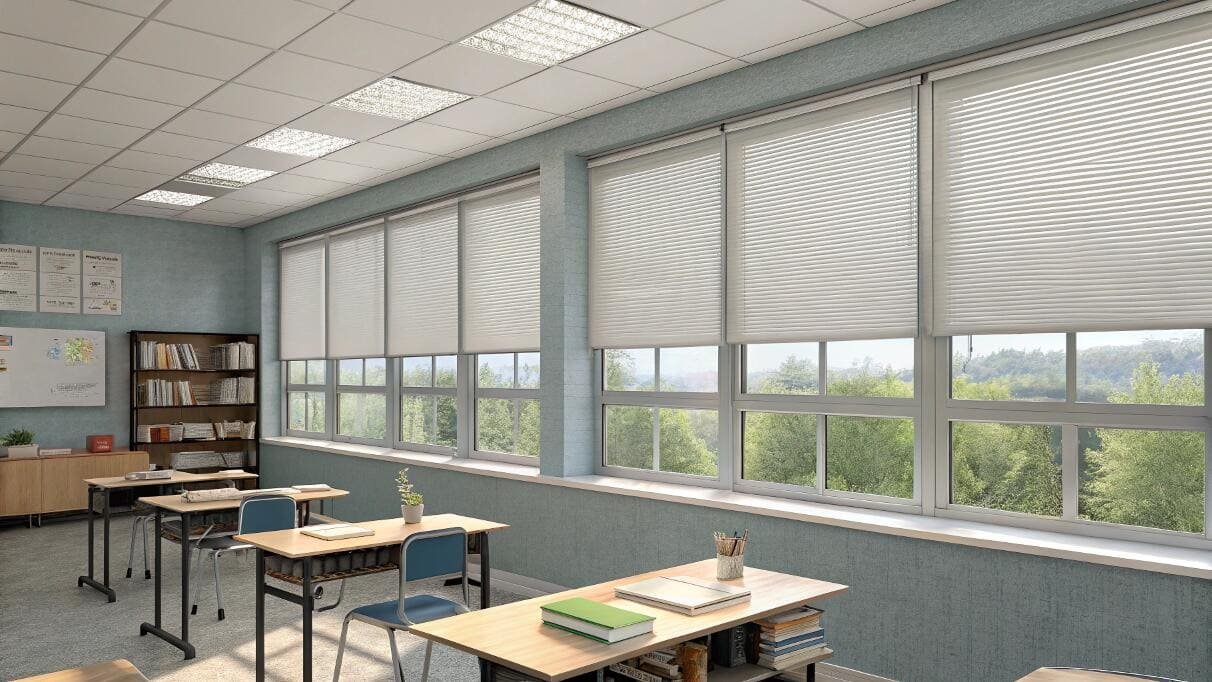
A professional supplier doesn't just check the final product; quality is built in at every stage. For an overseas order, you must ensure your partner performs these checks. It's how we ensure orders are right the first time.
- Incoming Quality Control (IQC): Before production even starts, we inspect the raw materials. This means checking rolls of fabric for color consistency and flaws, measuring the thickness of the aluminum for the tubes, and testing a batch of motors to ensure they meet specifications.
- In-Process Quality Control (IPQC): During assembly, our teams on the factory floor monitor the process. They check that the fabric is being cut to the correct dimensions and that the assembly is clean and accurate. As we say, we stay connected to the manufacturing lines to catch issues early and keep orders on track.
- Pre-Shipment Inspection (PSI): This is the final and most important step. Before the goods are packed into the container, a statistically significant portion of the order is inspected based on the order's specific requirements. We test the function of the motors, check for any visual defects, confirm the dimensions against the approved window schedule, and ensure the packaging is robust enough for international transit.
What hybrid strategy combines local assembly with overseas components?
You need the incredible cost savings of overseas sourcing, but your project timeline is too tight to wait for a full container. It seems like you have to choose one or the other, but what if you could have both?
The hybrid strategy involves bulk-importing cost-effective components like fabric and motors from overseas, then using a local facility for the final cutting and assembly[^12]. This gives you cost savings and rapid, flexible delivery.
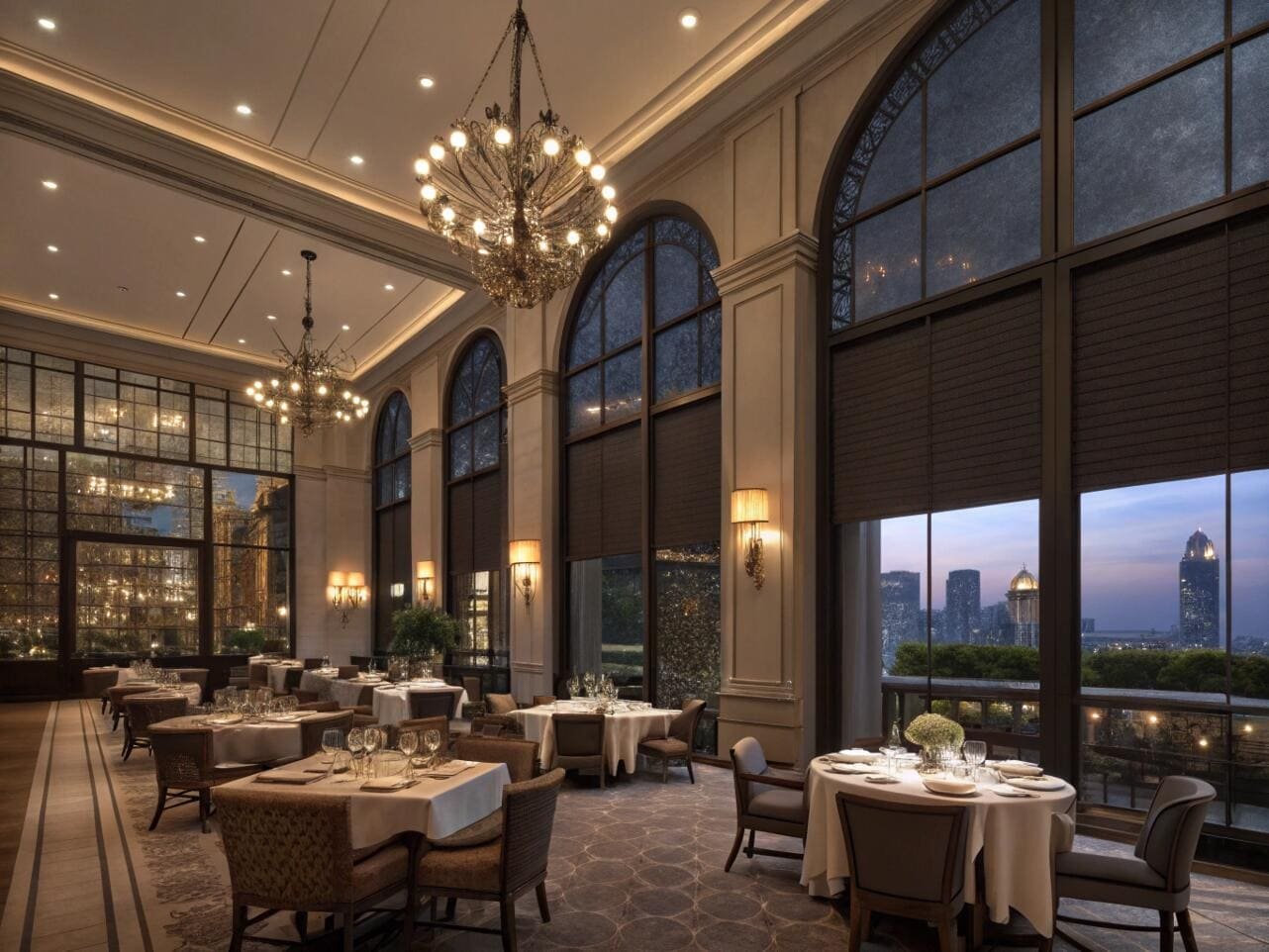
This "best of both worlds" strategy is a powerful tool for savvy project managers. It's designed to solve the classic speed vs. cost dilemma.
How the Hybrid Model Works
The core idea is to source the highest-cost components from the most efficient location. You place a bulk order for large rolls of your chosen fabric and complete hardware kits (including motors, brackets, tubes) from an overseas supplier like us. These items are shipped to a local workshop or your own facility. Then, the local team performs the final, time-sensitive step: cutting the fabric and tubes to the exact sizes required for each specific window on your project and assembling the final blind. This process allows you to respond to last-minute measurement changes with incredible flexibility.
Most importantly, this model crushes lead times. While the main sea freight shipment is in transit, you can air-freight a small portion of the fabric and components. This allows your local team to start producing and installing blinds for the most urgent areas of your project. Using this method, we've helped clients compress the delivery time for their first critical batch of blinds down to just 10 days.
Conclusion
Ultimately, local sourcing offers speed while overseas sourcing provides unmatched cost savings. For complex projects, a hybrid model can deliver a strategic, flexible balance of both benefits.
---
[^1]: Explore how overseas sourcing can significantly reduce costs and expand product options for your project.
[^2]: Find strategies to maximize your budget and achieve significant cost savings on blinds.
[^3]: Discover the latest innovations in smart blinds and how they can enhance your project.
[^4]: Learn about the benefits of local suppliers, including faster delivery and easier communication.
[^5]: Learn about essential quality control measures to ensure your blinds meet project standards.
[^6]: Find out about various fabric options and their suitability for different applications.
[^7]: Understand the technology behind smart blinds and how it can improve your project.
[^8]: Learn strategies to minimize the risk of delays in your international sourcing.
[^9]: Discover tips for effective communication with overseas suppliers to avoid misunderstandings.
[^10]: Explore how purchasing in bulk can lead to substantial discounts on blinds.
[^11]: Discover the critical role of pre-shipment inspections in preventing costly mistakes.
[^12]: Understand the final steps in blind manufacturing and their impact on quality.Partner with VelaBlinds for Your Next Project
Smart window treatments shouldn't be complicated. After working with 500+ distributors and contractors worldwide, I've streamlined the process to get you quality products, competitive pricing, and reliable support - every time.
Why project professionals choose VelaBlinds:
- ✅ Fast, Accurate Quotes - Detailed specs and pricing within 24 hours
- ✅ Transparent Pricing - No hidden fees, volume discounts clearly outlined
- ✅ Quality Assurance - Direct partnerships with certified OEM manufacturers
- ✅ Project Support - Dedicated account manager from quote to delivery
Start your next project:
📧 Quick Quote: Send your requirements to info@velablinds.com
📱 Direct Contact: WhatsApp +86 137 2012 8317
🌐 Browse Solutions: https://velablinds.com/
📁 Product Resources: Access spec sheets, catalogs & project files
Paul Chen, Founder
"I built VelaBlinds to solve the real challenges I faced as a project buyer - long lead times, unclear specs, and unreliable suppliers. Let's discuss how we can power your projects with smarter blinds."
Serving distributors and contractors across North America, Europe, and Australia since 2018.

